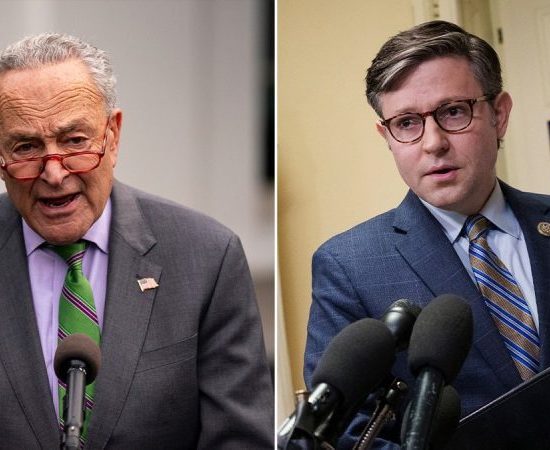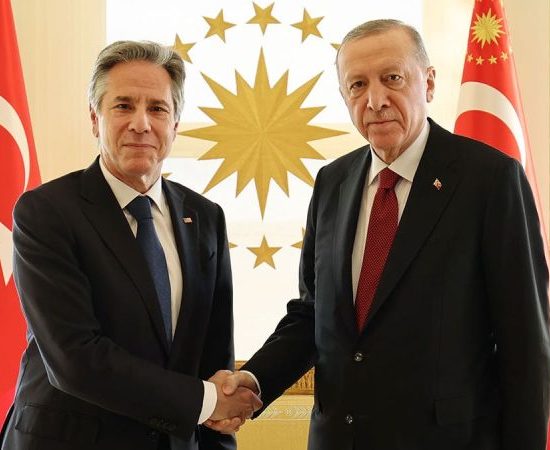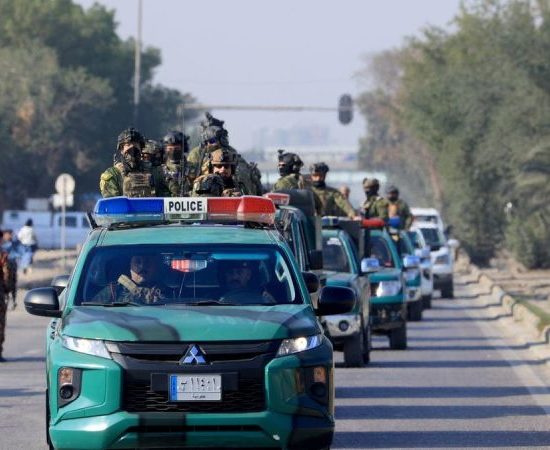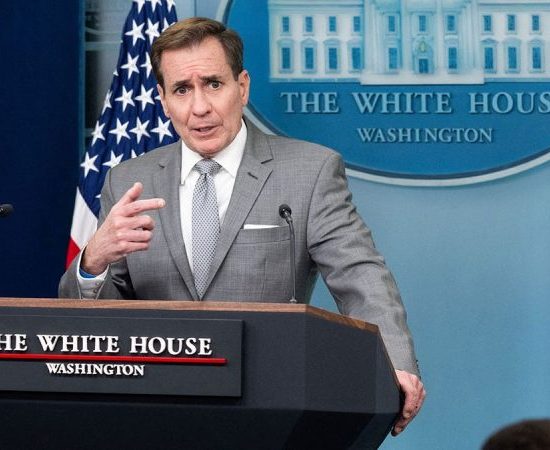For nearly two decades, the Houthi movement has been a major player in modern day Yemen, offering an array of services to local communities and maintaining an advocacy presence in the international arena. Nevertheless, in 2021, the Biden-Blinken administration must consider their labeled status as a “foreign terrorist organization” set by their predecessors and evaluate the implications of this choice. It is essential that the Biden administration works to manage US foreign policy more effectively toward the Houthi, considering their influence and prominent engagement in northern Yemen.
Background
The Houthi movement is an Islamic political group originating from the Zaidi Shia sect of Islam in northern Yemen. Comprised of civil society activists, religiously committed youth, and political dissidents, the movement, formerly known as the “Believing Youth”, is a relative newcomer in the state of Yemen’s politics. Initially taking form in 2004, as an opposition to the then president Ali Abdullah Saleh’s policies leading to heavy state repression, the group used peaceful demonstrations and religious slogans to demand an end to government corruption and authority. By 2014, the movement began to get more militant in their opposition, using non-state violence to achieve their objectives. As such, the Houthis overran the capital of Sana’a, eventually controlling a significant portion of northern Yemen, leading to a conflict with the Saudi-backed government that still rages today.
Houthi- US Relations
The U.S. has been trying to stifle Iranian influence in the Middle East for years, with direct involvement in the Yemeni conflict from a military, economic, and diplomatic point. The US has backed the Saudi government’s intervention in Yemen by providing essential arms and technology to aid in the bombing of the Houthis. This conduct only served to inflame the already-challenging situation and induced the US to declassify the Houthi, imposing stiff and aggressive sanctions on the movement. These sanctions, including the freezing of all assets of the group and its international support, could potentially derail peace talks and otherwise cooperative attempts at resolution.
What Biden-Blinken Team Should Do
Due to the Houthis’ deep-rooted involvement in Northern Yemen before the U.S. classified them as a foreign terrorist organization, it is crucial for the Biden-Blinken administration to respond to the tension in the Persian Gulf. In order to de-escalate the situation, the Biden administration must move away from the necessary sanctions that the U.S. imposed on the group. They must work towards engaging the Houthi in meaningful diplomatic dialogue for a peaceful solution.
Furthermore, it would also be beneficial to engage in regional cooperation with leaders in the Persian Gulf. By working with Middle Eastern partners to channel humanitarian aid to those impacted by the conflict, the U.S. could employ a softer approach to its intervention. Moreover, this could also potentially be used to spur efforts towards a ceasefire and an eventual path towards peace.
Conclusion
Recent tensions between the US and the Houthi have been exacerbated by the impact of sanctions, while at the same time, relief efforts remain inaccessible to civilians caught in the middle of the conflict. As a result, Biden-Blinken team must stand firm in their commitment to engage with the Houthi to find a peaceful resolution. With creative solutions to this dilemma, the Biden administration can create a more viable future for all those affected by US intervention in Yemen.





